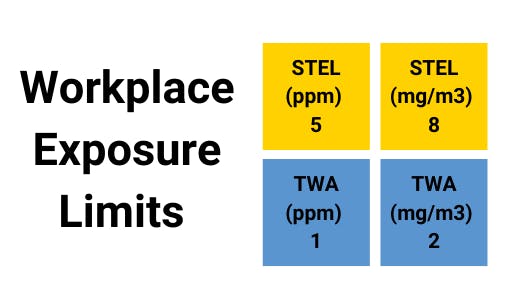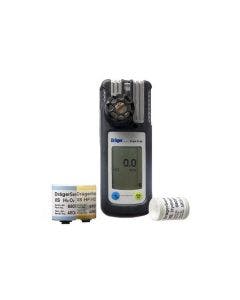Hydrogen Chloride - Gas Profile



Hydrogen Chloride (HCl) is a colourless to slightly yellow, caustic, nonflammable gas with a strong unpleasant odour that is heavier than air at an average temperature. Hydrogen chloride produces thick white corrosive fumes when exposed to air. Volcanic eruptions can emit hydrogen chloride.
The direct interaction of chlorine (Cl2) gas with hydrogen (H2) gas produces hydrogen chloride; the process is fast at temperatures above 250 °C (482 °F). Dissolving gaseous hydrogen chloride in water produces hydrochloric acid. Because of the acid's corrosive nature, ceramic, glass, and occasionally tantalum equipment are typically utilised. Concentrated hydrochloric acid is a solution that contains 28–35 per cent hydrogen chloride by weight and is generally referred to as hydrochloric acid. Although anhydrous liquid hydrogen chloride is accessible, its application is limited due to the bulky and expensive containers required to store it.
Hydrogen chloride irritates and corrodes any tissue it comes into touch with. Short-term exposure to low levels irritates the throat. High amounts of exposure can cause fast breathing, constriction of the bronchioles, blue skin pigmentation, fluid accumulation in the lungs, and even death.
Fun Fact – Volcanoes can release hydrogen chloride into the air

Applications used in
- Refineries
- Fertiliser Production
- Plastic Fabrication
- Brick Manufacturing
Synonyms of Hydrogen Chloride
- Anhydrous Hydrogen Chloride
- Chlorane
- Chlorohydric Acid
- Hydrochloric Acid
- Muriatic Acid



